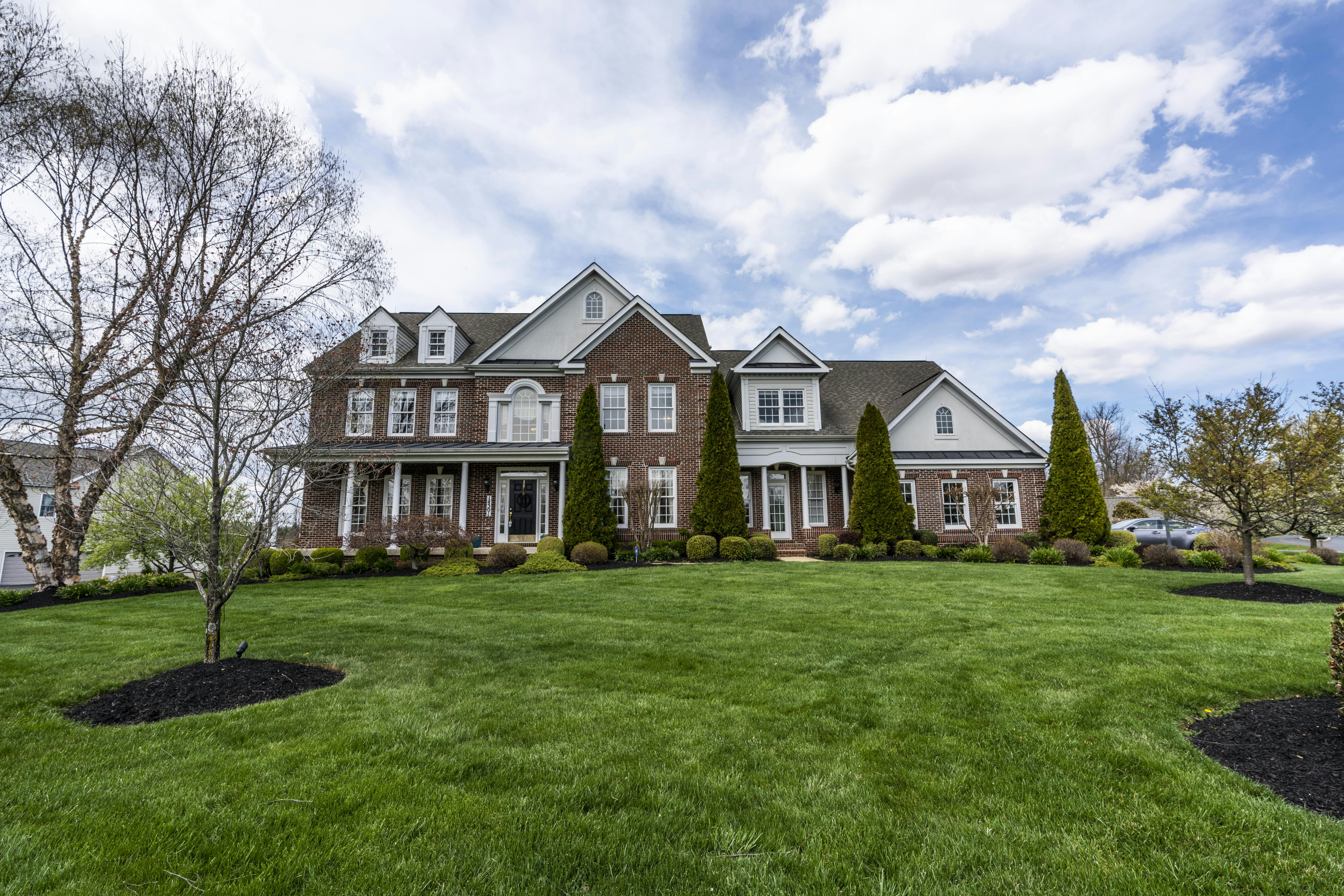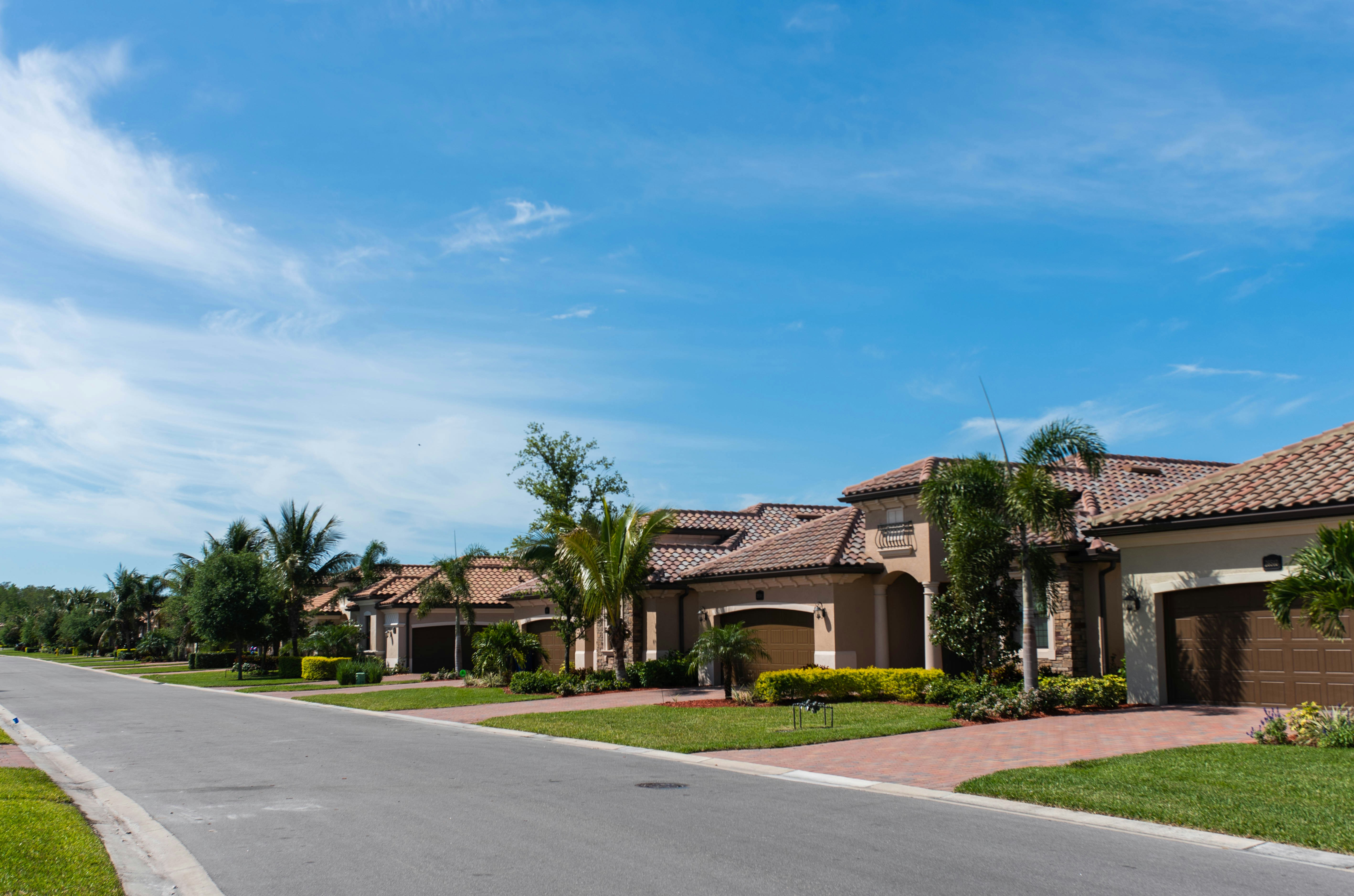Real estate investors can now avoid paying capital gain taxes with the help of a 1031 exchange. By any means, if you have connections with a real estate agent, you must have heard the term “swap till you drop”. When they say this, they are actually referring to this deferring of the capital gain taxes. Also known as 1031 Like-Kind Exchanges, it provides real estate investors the opportunity to maximize their returns on real estate investments.
Highlights of the 1031 exchanges
1031 exchanges are allowable under Internal Revenue Code 1031, these exchanges can help defer the payment of capital gain taxes when they sale a property. After a successful sale, the sale proceeds are transferred to another replacement property, thus delaying the payment of capital gains tax. However, real estate investors should note, a Section 1031 Exchange involves various intricacies.
For a successful qualification for the aforesaid transaction, real estate investors should make sure they are making “Like-Kind Exchanges”. Else, they will not benefit from it. It can be a tough challenge to do such like-kind exchanges for all their real estate investments.
The usefulness of like-kind exchanges
As you can understand, investing in real estate involves a huge amount of money. In certain situations, real estate investors can be cash-starved which can make them lose the opportunity of seizing a good investment. In such situations, the services of a like-kind exchange can help. Expectedly, when investors are short in funds they would prefer selling the existing properties to raise funds.
The problem is, the gains these investors realize on such sales generate high federal and state taxes. Naturally, these taxes would come as a huge blow, and their intention of investing in a new property goes out of the window. However, when they complete a Like-Kind Exchange, the investors can use the sale proceeds for buying their desirable properties without having to pay a single penny as taxes.

Like-Kind exchanges are also useful in situations when real estate investors feel they no longer need to hold on to a property. The investors can perform the operation even if they are undecided on the next purchase or eyeing a new property. The like-kind exchanges offer a time frame of 45 days after the sale of such properties for identifying the like-kind properties. Additionally, these investors get up to 180 days' time after the sale for buying the identified properties.
Getting familiar with the intricacies of Like-Kind Exchanges
Reading thus far, dealing with Like-Kind Exchanges might seem alluring for all the real estate investors. But, as mentioned earlier, the involvement of certain intricacies requires special attention. It should be clear to you, in order to avail the advantage of deferring tax payments both the bought and sold properties must be of a “Like-Kind”. Precisely, you must exchange property for another one.
You have liberty; the new property can differ from the one that was in possession by means of value and usability. In other words, you can exchange a big house with an apartment building. But, according to the provision, the new property must be of equal or of greater value than the one you intend to sell. Following this, the entire sale proceeds must be reinvested for the purpose of acquiring the new property.
Understand the law
The law states the swapping of properties needs to be complete within a specific time frame. However, you can choose it to do later. For instance, you can sell the property at the beginning of the period and acquire the replacement property within 180 days. However, we reiterate, a list of 1031 qualified exchange properties has to be identified with the first 45 days as soon as you sell off the property.
As a real estate investor, you can also avail of a similar revenue procedure. It gives you the provision of purchasing a new property before you sell the existing one. These are referred to as reverse like-kind exchanges. The transaction must be however complete within 180 days.
The services of a qualified intermediary are indispensable for any 1031 like-kind exchanges. These intermediaries will hold the sale proceeds. You must get into a written agreement with the intermediary. It makes them eligible to possess the property sale proceeds from the taxpayer. Consequently, they transfer the property to the purchaser and acquire the replacement property. Lastly, they transfer the replacement property to the taxpayer. Such exchanges can meet a successful completion even without involving the purchaser of the property. According to the law, the relatives, brokers, accountants, and the attorney cannot qualify as a qualified intermediary.
As a real estate investor, this detailed guide should help you to understand the way these 1031 like-kind exchanges operate. Ultimately, you are all set to maximizing returns on your future investments, that too without having to pay the capital gains tax.
Blogger



Post new comment
Please Register or Login to post new comment.